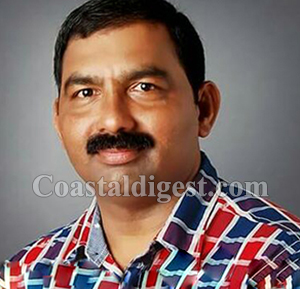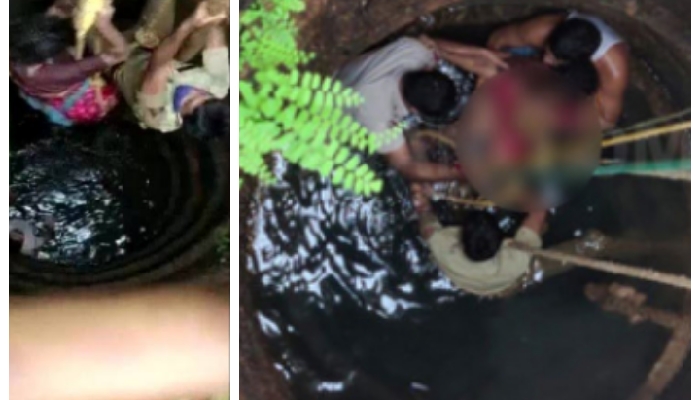Udupi, Nov 5: The trio accused of murdering hotelier and NRI businessman Bhaskar Shetty, 52, googled topics like, 'How to kill a man and destroy evidence?' and 'Easiest ways of killing humans and not getting caught', before committing the crime, Criminal Investigation Department (CID) sources said.
The CID on Thursday submitted a 1,300-page chargesheet to a Udupi court, accusing Shetty's wife Rajeshwari, 50, son Navaneet, 20, and family astrologer Niranjan Bhat, 26, of killing and burning him on July 28. The chargesheet also names Niranjan's father Srinivas Bhat, 56, and Shettys' driver Raghavendra P, 26, as the trio's accomplices.
"We have seized the computer and hard disk used by Navaneet at his Udupi home and have sent it to FSL for examination. Navaneet, Rajeshwari and Niranjan read several articles online related to murders, destruction of evidence, quickest methods of killing and escaping law," CID sources said, quoting from the chargesheet. The accused also researched topics like 'self-defence instructions'.
"They were prepared for any retaliation from Bhaskar Shetty. After checking on the internet, they decided to use pepper spray on Shetty so that he would be in no position to open his eyes or respond," sources said.
According to investigating officials, the accused surfed the internet for at least a month. "The FSL report on the hard disc will reveal for how long they researched. This proves it was a well-planned and executed murder," a CID official said, adding, "We aren't sure whether they just surfed the internet or downloaded the material and took printouts. The FSL report will clear these doubts," he said.
Shetty, who had many business firms and hotels in Dubai and Dakshina Kannada, was allegedly beaten to death by his wife and son in their Udupi house in July. The duo and and their astrologer friend later burnt the body in a homa kunda using 20 litres of petrol and a bagful of camphor in the latter's residence at Nandalike village, Udupi district. The homa kunda built of hollow bricks was dismantled by Niranjan's father and Raghavendra and thrown into a river along with ashes and Shetty's remains.






Comments
So govt and court will take action against google? Or the CEO of google? For supporting to get the info? Usually it happens when some one help the person to commit the crime.
Add new comment